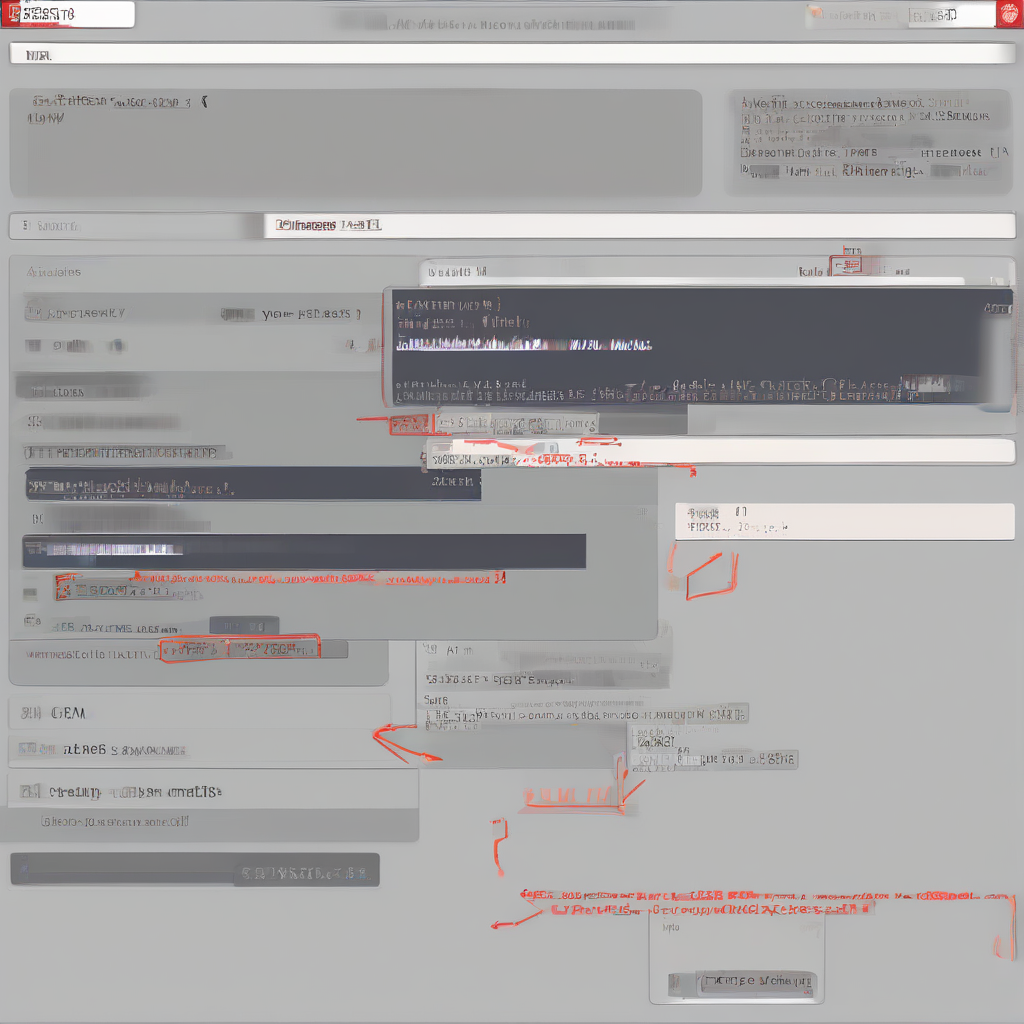Navigating the Registered Investment Advisor Landscape: A Comprehensive Search Guide
Finding the Right Registered Investment Advisor (RIA): A Comprehensive Guide
Choosing a financial advisor is a critical decision impacting your financial future. With so many options available, navigating the landscape of Registered Investment Advisors (RIAs) can feel overwhelming. This guide provides a structured approach to your RIA search, empowering you to make an informed choice that aligns with your financial goals and risk tolerance.
Understanding Registered Investment Advisors (RIAs)
RIAs are fiduciaries, legally bound to act in your best interest. Unlike brokers who may prioritize commissions, RIAs operate under a stricter ethical standard, prioritizing your financial well-being above all else. This fiduciary duty ensures transparency and objectivity in their recommendations.
- Fiduciary Duty: RIAs are legally obligated to act in your best interest.
- Transparency: They are required to disclose all fees and conflicts of interest.
- Regulation: RIAs are regulated at the state or federal level, providing a layer of consumer protection.
- Fee-Only or Fee-Based: Most RIAs operate on a fee-only basis, charging fees based on assets under management (AUM) or hourly rates. Some may offer fee-based services, incorporating commissions in certain situations, but this is less common.
Step-by-Step Guide to Your RIA Search
1. Defining Your Financial Goals and Needs
Before embarking on your search, articulate your financial objectives. What are you hoping to achieve? Are you saving for retirement, planning for college tuition, or managing existing investments? Understanding your needs will guide your selection criteria.
- Retirement planning: Define your desired retirement lifestyle and the necessary savings.
- Investment management: Specify your risk tolerance and investment preferences (e.g., stocks, bonds, real estate).
- College savings: Determine your child’s educational goals and the required funding.
- Estate planning: Outline your estate planning needs and objectives.
2. Utilizing Online Resources and Databases
Several online platforms provide access to registered investment advisor databases. These resources allow you to filter advisors based on location, specialization, and other criteria.
- SEC’s Investment Adviser Public Disclosure (IAPD): This database provides comprehensive information on registered investment advisors, including their background, disciplinary history, and fees.
- FINRA BrokerCheck: While primarily focused on brokers, BrokerCheck can also provide information on advisors who hold both broker and RIA designations.
- State securities regulators’ websites: Each state maintains its own registry of registered investment advisors, offering a localized search option.
- Third-party websites: Numerous financial websites and aggregators offer tools to search for and compare RIAs. Carefully review the methodology and potential conflicts of interest of these platforms.
3. Refining Your Search with Specific Criteria
Once you’ve identified potential candidates, refine your search based on specific criteria crucial to your needs.
- Location: Select advisors within a convenient geographical area or those offering virtual services.
- Specialization: Focus on advisors with expertise in areas relevant to your financial goals (e.g., retirement planning, tax optimization, estate planning).
- Minimum account size: Many RIAs have minimum account size requirements. Determine if your assets align with their thresholds.
- Fees and compensation structure: Compare fee schedules, ensuring transparency and alignment with your budget.
- Investment philosophy: Understand their investment approach and assess compatibility with your risk tolerance and preferences.
- Experience and credentials: Evaluate their years of experience, certifications (e.g., CFP®, CFA®), and professional designations.
4. Conducting Thorough Due Diligence
Once you’ve narrowed down your list, conduct thorough due diligence on each candidate. This involves a detailed examination of their background, qualifications, and client testimonials.
- Review their Form ADV: This comprehensive document provides detailed information about the advisor’s business practices, fees, and disciplinary history.
- Check for disciplinary actions: Use the SEC’s IAPD and FINRA BrokerCheck to verify any disciplinary actions or complaints filed against the advisor.
- Request client references: Contact current or former clients to gather feedback on their experience working with the advisor.
- Review testimonials and online reviews: While not a definitive measure, online reviews can provide valuable insights into client experiences.
- Assess their communication style and responsiveness: Schedule introductory meetings to assess their communication style and responsiveness to your inquiries.
5. Interviewing Potential Advisors
The interview process is crucial to determine if the advisor is a good fit for your needs and personality. Prepare a list of thoughtful questions to gain clarity on their services and approach.
- Investment strategy: How do they manage investments, and how does their approach align with your risk tolerance?
- Fee structure: Clarify all fees, including asset-based fees, hourly rates, or other charges.
- Client communication: How frequently will they communicate with you, and what methods will they use?
- Conflict of interest disclosures: Ask about any potential conflicts of interest and how they mitigate them.
- Technology and tools: Inquire about the technology and tools they use to manage investments and communicate with clients.
- References and testimonials: Request additional client references if needed.
6. Reviewing the Advisory Agreement
Before engaging an RIA, carefully review the advisory agreement. This contract outlines the terms of your relationship, including fees, services, and termination clauses.
- Fees and compensation: Ensure the fee structure is clearly defined and aligns with your expectations.
- Services provided: Verify that the services offered meet your financial needs.
- Termination clause: Understand the terms and conditions for terminating the agreement.
- Dispute resolution: Review the process for resolving disputes.
- Confidentiality clause: Ensure your personal and financial information is protected.
7. Ongoing Monitoring and Review
Once you’ve selected an RIA, it’s essential to monitor their performance and review your investment strategy periodically. Regular communication and performance reviews ensure that your advisor remains aligned with your financial goals.
- Regular performance reviews: Schedule regular meetings to discuss investment performance and adjust your strategy as needed.
- Communication and responsiveness: Maintain open communication with your advisor, ensuring prompt responses to your inquiries.
- Fee transparency: Review your statements regularly to ensure fees are accurately reflected.
- Re-evaluation of goals: Periodically reassess your financial goals and objectives to ensure alignment with your advisor’s strategies.






